Early morning on October 8, FTSE Russell announced upgrading Vietnam's stock market from a frontier market to a secondary emerging market in early September 2026.
Being recognized by FTSE Russell not only opens up opportunities to welcome billions of dollars in capital flows from international investors, but also marks an important step forward to help the Vietnamese stock market integrate more strongly with global financial flows.
Billions of dollars in capital flow into the market
Mr. Tran Hoang Son, Director of Market Strategy, VPBank Securities JSC, said that upgrading from a frontier market to an emerging market is an important turning point, helping Vietnam integrate more deeply into the global financial system.
According to Mr. Son, countries that have gone ahead similar to Vietnam such as Saudi Arabia and Kuwait have also received many positive impacts when their stock markets were upgraded. Typically, there has been a strong increase in foreign investment capital. Upgrading the market opens the door for large investment capital flows into Vietnam with the opportunity to attract billions of dollars from passive and active investment funds.

FTSE Russell announced to upgrade Vietnam's stock market from frontier market to secondary emerging market in early September 2026. (Illustration photo)
“Based on the assumption that all stocks in the FTSE Vietnam index (leading stocks recognized by FTSE Russell) will be included in the FTSE emerging markets index, we estimate the estimated value of passive and active capital flows into the Vietnamese market to be about 3-7 billion USD in the period after the upgrade decision takes effect,” said Mr. Son.
Mr. Son believes that the stock market will have improved liquidity after the upgrade. Specifically, the removal of pre-funding requirements (depositing money before trading) will encourage institutional investors to participate. This can help the market increase daily trading value to 2-3 billion USD, making the market more liquid, more stable and less volatile.
In addition, upgrading the stock market also enhances Vietnam's economic image and position in the region.
“Vietnam is one of the fastest growing economies in the ASEAN region. The upgrade also increases its attractiveness to large investors such as pension funds, ETFs, etc. At the same time, it strengthens Vietnam’s position in international trade negotiations and attracts higher quality FDI,” Mr. Son shared.
According to Mr. Son, upgrading the stock market also contributes to promoting economic growth and creating momentum for business development. Larger capital flows will support businesses to promote IPO activities, increase the amount of goods for the market and expand the scale of capitalization.
The stock market will become a more effective capital mobilization channel, contributing to the GDP growth target of over 8% in 2025 and double digits from 2026 to 2030. This is also a push to help businesses promote reforms, improve operating standards and improve corporate governance capacity.

Mr. Tran Hoang Son, Director of Market Strategy - VPBank Securities JSC. (Photo: D.V)
“Overall, upgrading not only brings financial benefits but also promotes structural reforms, helping Vietnam move closer to its high-income target by 2045,” Mr. Son analyzed.
Upgrade is not just a formality
Mr. Gary Harron, Head of Securities Services at HSBC Vietnam, commented that the Vietnamese economy has risen against all doubts. Vietnam affirmed its position as an outstanding economy among the group of frontier and emerging markets with a GDP growth rate of 8.23% in the third quarter, the highest level since 2011.
With the upgrade, Vietnam is only two places away from the leading group of “Developed Markets” and this result is a recognition of the joint efforts of the Government , management agencies and market members.
“In the six months since FTSE Russell’s last report, we have observed a strong spirit of cooperation and unity among relevant authorities, foreign investors and market participants to remove the final barriers for Vietnam to be upgraded to Secondary Emerging Market status,” said Mr. Gary Harron.

Mr. Gary Harron, Head of Securities Services, HSBC Vietnam. (Photo: D.V)
According to Mr. Gary Harron, upgrading the market is not just a formality. It affects everything from the way analysts and the media view a market to the asset allocation decisions of investors globally. Especially for Vietnam, removing the “frontier market” label means recognition and assurance.
Mr. Gary Harron, Head of Securities Services at HSBC Vietnam. (Photo: D.V)Mr. Gary Harron said that changing the classification can greatly affect investor behavior and confidence, change the long-term economic development trajectory of the market and reduce dependence on any one trading partner.
According to HSBC experts, Vietnam's capital market has made progress in many aspects, both in quantity and quality. Market capitalization and the number of trading accounts have increased more than sevenfold over the past decade. This year alone, the VN-Index has increased by a third, surpassing its peak during the COVID-19 period - when optimism about Vietnam's role in the global supply chain was at its highest.
The announcement of this upgrade will further accelerate the reform momentum. Global investors with confidence in Vietnam’s future will continue to demand greater alignment with international standards.
However, according to Mr. Gary Harron, although IPO prospects have recently improved, the Vietnamese stock market has not yet become a worthy source of capital mobilization for businesses like other markets in the region.
According to the World Bank, Vietnam's capital market has not caught up with other markets of the same size, causing the economy to depend heavily on bank credit.
HSBC Global Investment Research points out that bank credit to Vietnam’s private sector is more than double the capitalisation of its stock market. This difference makes Vietnam different from most other ASEAN economies and more vulnerable to rising inflation and interest rates.
“It is encouraging to see Vietnam issue new regulations in September to simplify the IPO and listing process with many important steps to reform administrative procedures to improve capital mobilization efficiency and protect investors’ rights in the stock market,” said Mr. Gary Harron.
Source: https://vtcnews.vn/thi-truong-chung-khoan-nang-hang-tac-dong-len-nen-kinh-te-ra-sao-ar970397.html


![[Photo] Ho Chi Minh City is brilliant with flags and flowers on the eve of the 1st Party Congress, term 2025-2030](https://vphoto.vietnam.vn/thumb/1200x675/vietnam/resource/IMAGE/2025/10/10/1760102923219_ndo_br_thiet-ke-chua-co-ten-43-png.webp)

![[Photo] General Secretary attends the parade to celebrate the 80th anniversary of the founding of the Korean Workers' Party](https://vphoto.vietnam.vn/thumb/1200x675/vietnam/resource/IMAGE/2025/10/11/1760150039564_vna-potal-tong-bi-thu-du-le-duyet-binh-ky-niem-80-nam-thanh-lap-dang-lao-dong-trieu-tien-8331994-jpg.webp)


![[Photo] Opening of the World Cultural Festival in Hanoi](https://vphoto.vietnam.vn/thumb/1200x675/vietnam/resource/IMAGE/2025/10/10/1760113426728_ndo_br_lehoi-khaimac-jpg.webp)





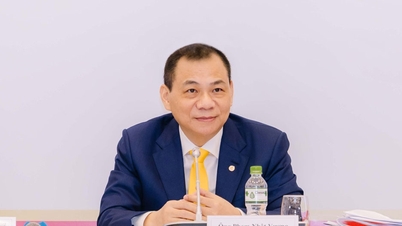
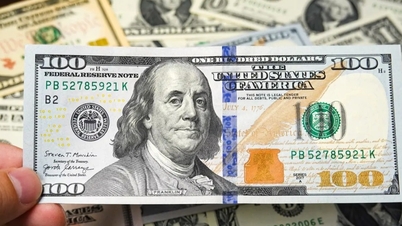

















































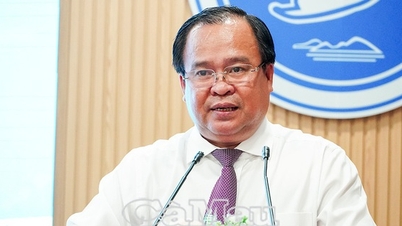

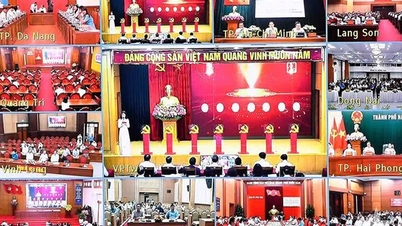




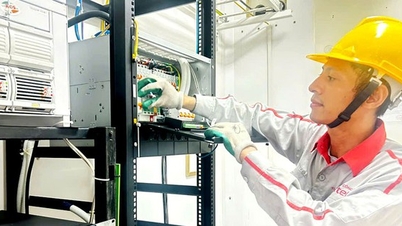
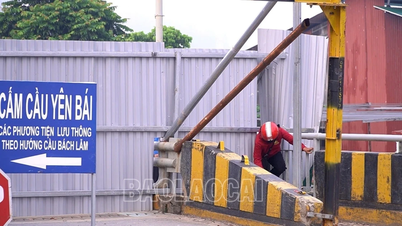



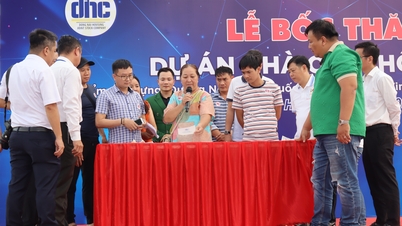


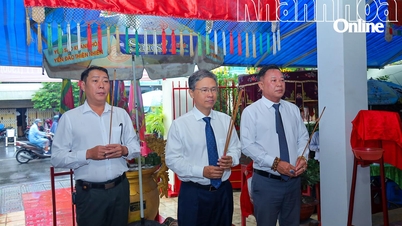












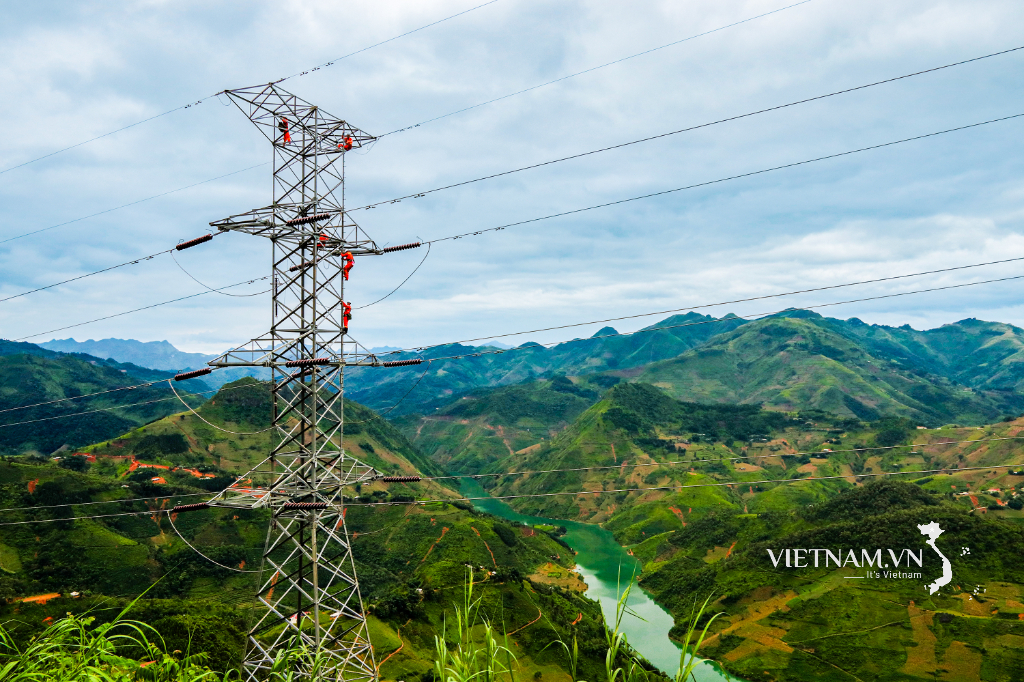


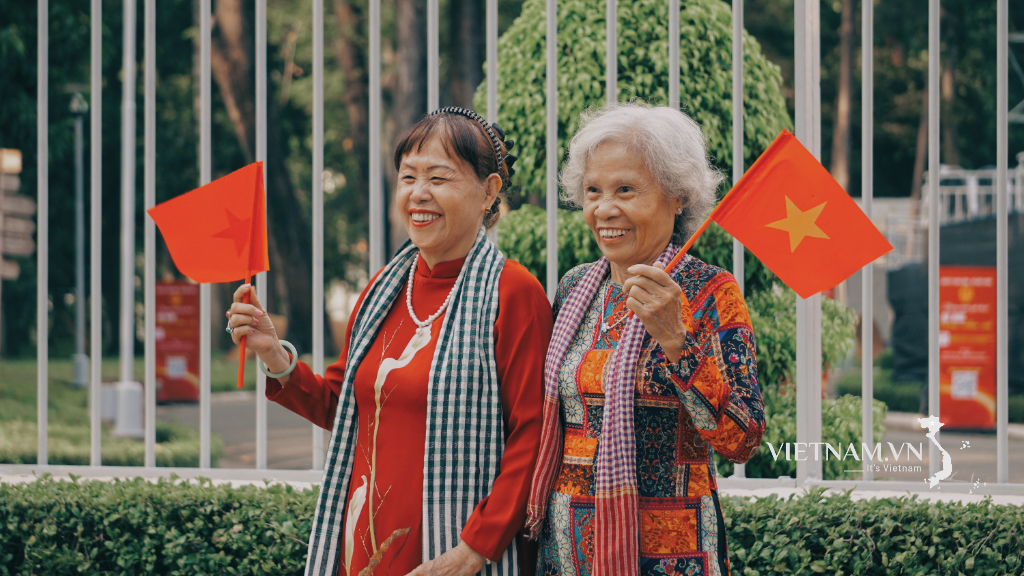
Comment (0)